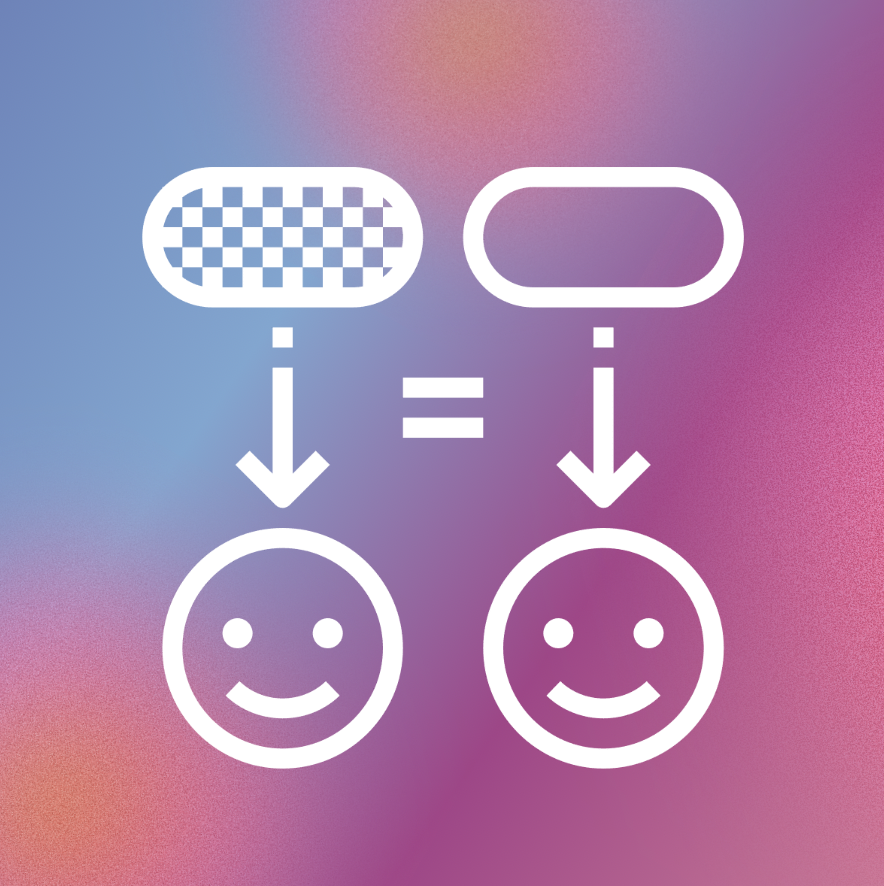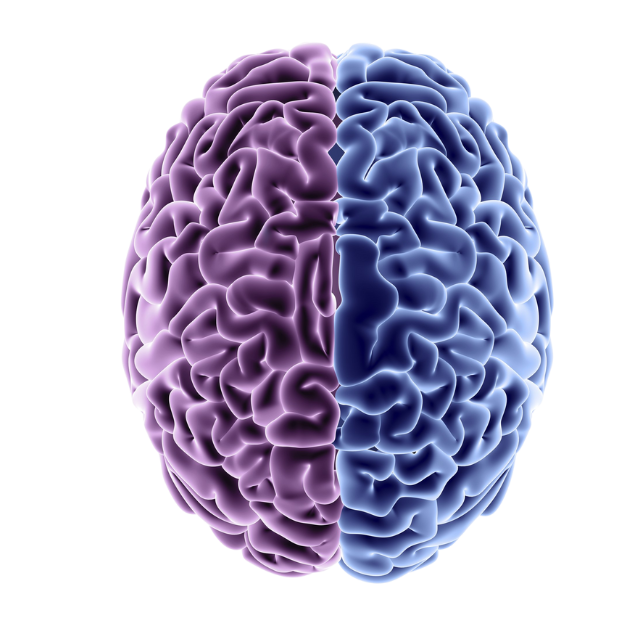Could we imagine a world where we prime patients before receiving treatment? Could we induce the relaxation response and boost feelings of health and wellness prior to undergoing a new medical regimen? Could this integrated, holistic approach be the key to combatting our most debilitating and chronic diseases? According to the placebo effect, this is a real possibility for the future of our healthcare system.
Understanding the Placebo Effect
In any reputable research study, there is a treatment group, subject participants that receive the treatment (medication, device, intervention) being studied and a control group, subject participants who receive fake (inactive, lookalike) treatment. This can be in the form of a pill (sugar pill), injection (saline solution) or consumable liquid. However, due to the study being randomized, subjects in the control group do not know that the treatment they’re receiving is actually a placebo.
The placebo effect refers to the mind’s ability to trick you into believing that a fake treatment has real therapeutic results. In many cases, placebos exert an influence powerful enough to mimic the effects of the real treatments.
Known as one of the strangest and least understood phenomenas in human physiology and psychology, the placebo effect has puzzled scientists for years.
Control groups who have received fake surgeries have seen significant improvements in mobility and mitigation of pain. One study noted, “The treatment response is about more than the surgical procedure. It is about the cultural meaning of treatment: the way the surgery is proposed by the surgeon, the ceremony around the procedure, and the expectations of the surgeon and patient. These all have an impact on outcome.”
A major medical review found Prozac, the bestselling antidepressant taken by 40 million people worldwide, doesn’t actually work. This is part of a growing body of research supporting the ineffectiveness of most antidepressants. When all the data was analyzed, it appeared the patients had improved, but those on the placebo improved just as much as those on the drugs. An article in the Guardian notes, even with this knowledge, millions of people feel compelled to take these daily. Another article noted that even when subjects are made aware they are receiving a placebo, the act of receiving a look-alike treatment has the power to stimulate real therapeutic responses.
On the flip side, while the term ‘placebo effect’ is used to describe receiving therapeutic benefit from a sham treatment, the term ‘nocebo effect’ is used to describe the manifestation of harmful side effects from a sham treatment. The frequency of adverse events can dramatically increase by informing patients about the possible side effects of the treatment, and by negative expectations on the part of the patient. One study found that patients who were told that they might experience sexual side effects after treatment with β-blocker drugs reported these symptoms between three and four times more often than patients in a control group who were not informed about these symptoms. Researchers have found the nocebo effect has been reported in several neurological diseases such as migraine, epilepsy, multiple sclerosis, Parkinson’s disease and neuropathic pain, and in patients with depression.
A well-known study performed by Albert Bandura, Father of the Social learning Therapy in Psychology, conditioned a group of rats to associate the taste of sweetened water with the effect of an immune suppressing drug. The association was so strong that just drinking sweetened water (without receiving the immune suppressing drug) produced the same physiological effects as the drug signaling the nervous system to suppress the immune system. The rats quite literally died by thought alone.
To add another layer of astonishment, this effect has also been observed among animals as well. One study showed 79% of dogs who received the placebo to demonstrate a decrease in seizure frequency compared with baseline.
A Paradigm Shift in Modern Medicine
Harvard Health Publishing recently posted an article illustrating the power of this effect. “The placebo effect is more than positive thinking- believing a treatment or procedure will work. It’s about creating a stronger connection between the brain and body and how they work together,” says Ted Kaptchuk, director of the Program in Placebo Studies and the Therapeutic Encounter at Harvard-affiliated Beth Israel Deaconess Medical Center.
In his best-selling book, You are the Placebo: Making Your Mind Matter, neuroscience researcher, Dr. Joe Dispenza, illustrates how we can use this data to our advantage and heal ourselves from debilitating or chronic conditions through the power of the mind. He notes, “The key is making your inner thoughts more real than the outer environment, because then the brain won’t know the difference between the two and will change to look as if the event has already taken place. Those new beliefs can actually change our brain and body chemistries, physically rewire our neurological circuitry of who we think we are and alter our genetic expression to become a different person”





